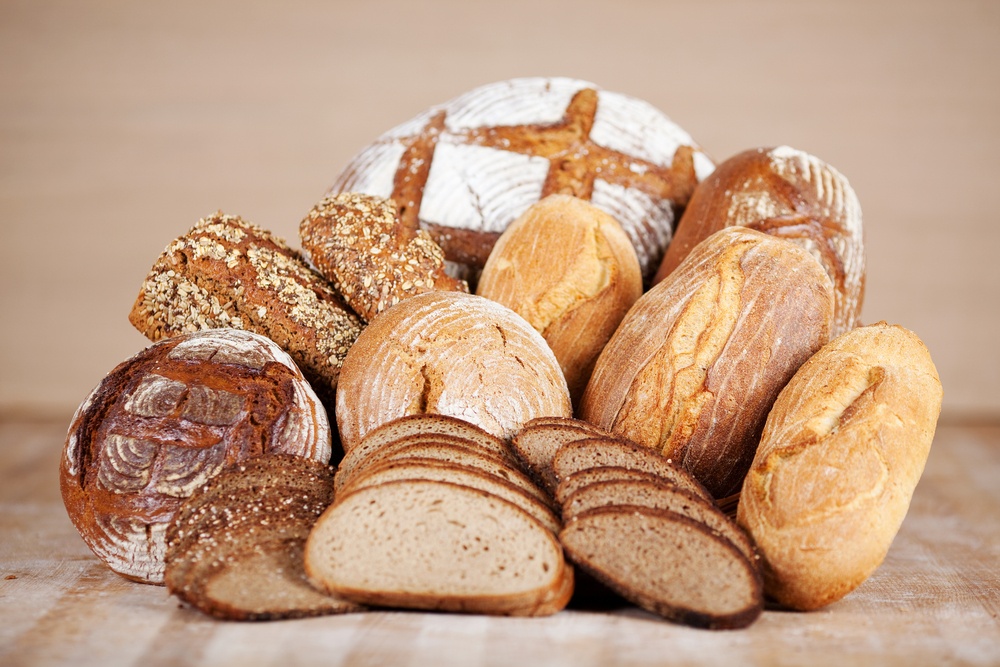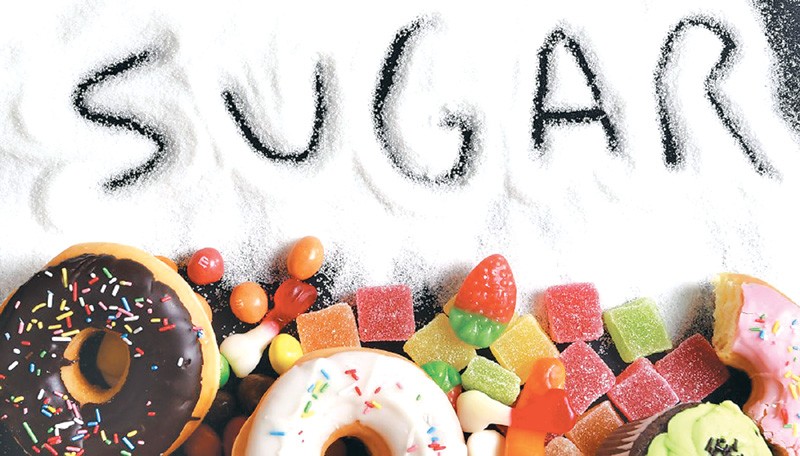
If you’ve ever wondered “What do my cravings mean?”, you’re not alone. Cravings are connected to our emotions and weight loss/gain. Last month I talked about why we crave certain foods. Whether it be sugar, salt, carbs, or chocolate, there is often a reason we have an uncontrollable desire that leads to us yearning for that particular food group. This is often times a result of some chemical imbalance in our body, such as a magnesium deficiency. Therefore, if we were to satisfy this deficiency through healthy alternatives, such as almonds or spinach, then we should be able to stop craving the unhealthy magnesium-packed foods—right?
Unfortunately, we all know too well this is not always the case. In many occasions, we crave certain unhealthy foods because of an emotional connection or experience with that food. So, what exactly are our emotions telling us about the food we crave?
1. Chocolate
If you crave chocolate, like the majority of individuals do, you may be feeling sad, lonely and/or stressed. Chocolate is said to increase levels of serotonin and dopamine—aka the “feel good chemicals”—resulting in a calmer and happier attitude.
But instead of turning to chocolate to alter your emotions (as well as your pant size), find something that will ultimately benefit you in the future. Some people will find a hobby, others will turn to fitness, or find a friend to talk to about their emotions. Whatever your healthy alternative is, stick to it and work to make a habit out of it. So next time you feel sad and depressed, you won’t eat the entire chocolate bar.
2. Bread and Other Carbs

Often times when individuals crave carbs, it is likely because they are depressed or are on a diet. Many studies have found that individuals who restrict the amount of carbs they are consuming will end up craving carbohydrates more.
Carbohydrates are an essential macro-nutrient that supplies our bodies with energy. At Live Healthy MD, we recommend our patients eat very little carbohydrates with the only carbohydrate source coming from non-starchy vegetables in the first 6 months. However, especially once patients are 6 months post-op, they can begin incorporating healthy, whole grain carbohydrates into their diet. This will help to curb some of those carb cravings by satisfying them with nutrient-dense and full-of-fiber carbs.
Therefore, try to get a good night’s sleep and if you do begin to have an afternoon drag, turn to alternatives with protein and fat like beef jerky or cheese to create healthy habits.
3. Salt (aka Chips and Fries)
Salt is a common craving, especially if you are stressed or dehydrated. That extra crunch can relieve stress; hence why we can eat an entire bag of potato chips watching our favorite thriller movie faster than if we were to be watching HGTV. Next time you crave potato chips or fries, try to satisfy that craving by taking a deep breath and drinking water! I can almost guarantee you that your salt craving will diminish.
4. Sugar!
It’s a terrible thing to crave but we are all guilty of it. When you crave sugar, you are likely tired, stressed, or just flat-out addicted. Studies, year after year, have proven that the more sugar you eat, the more sugar you crave. So, by feeding into these sugar cravings you are actually feeding into a vicious cycle.
Similarly, you may notice you are always reaching for that candy bar around 3 PM—as you become more tired. As your blood sugar drops, you become sleepy yet you find increased energy by eating sugar. Therefore, try to get a good night’s sleep and if you do begin to have an afternoon drag, turn to healthy alternatives to create healthy habits.













